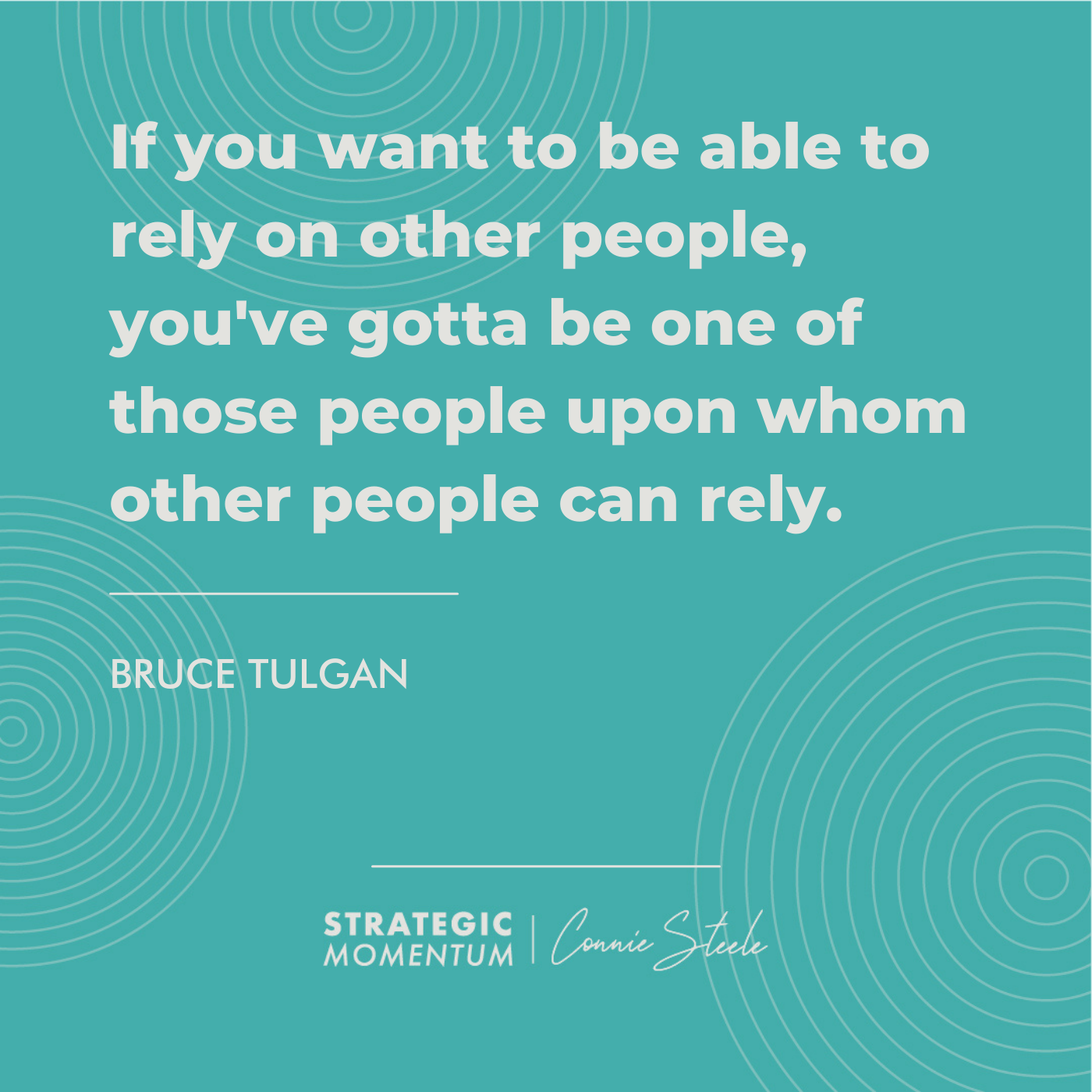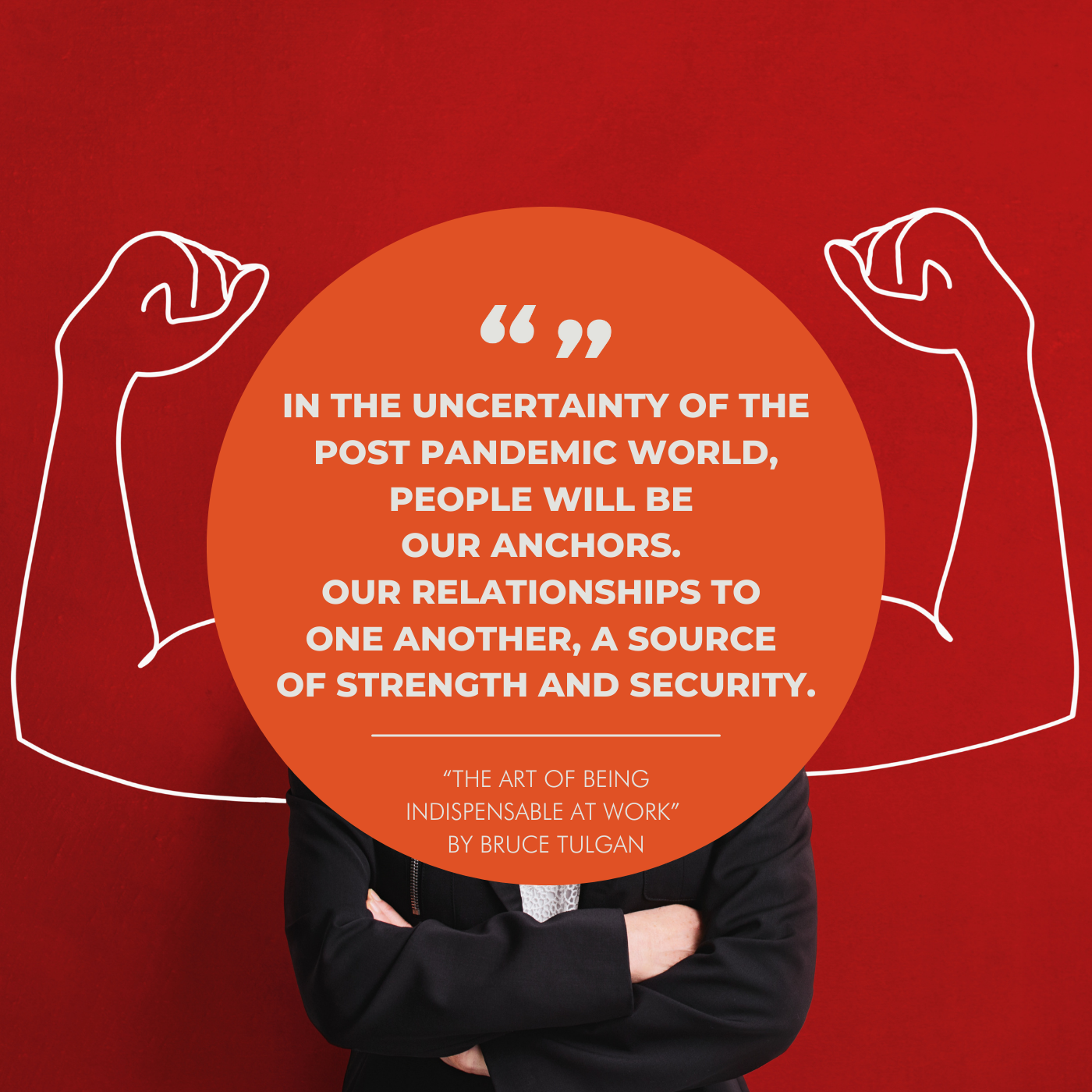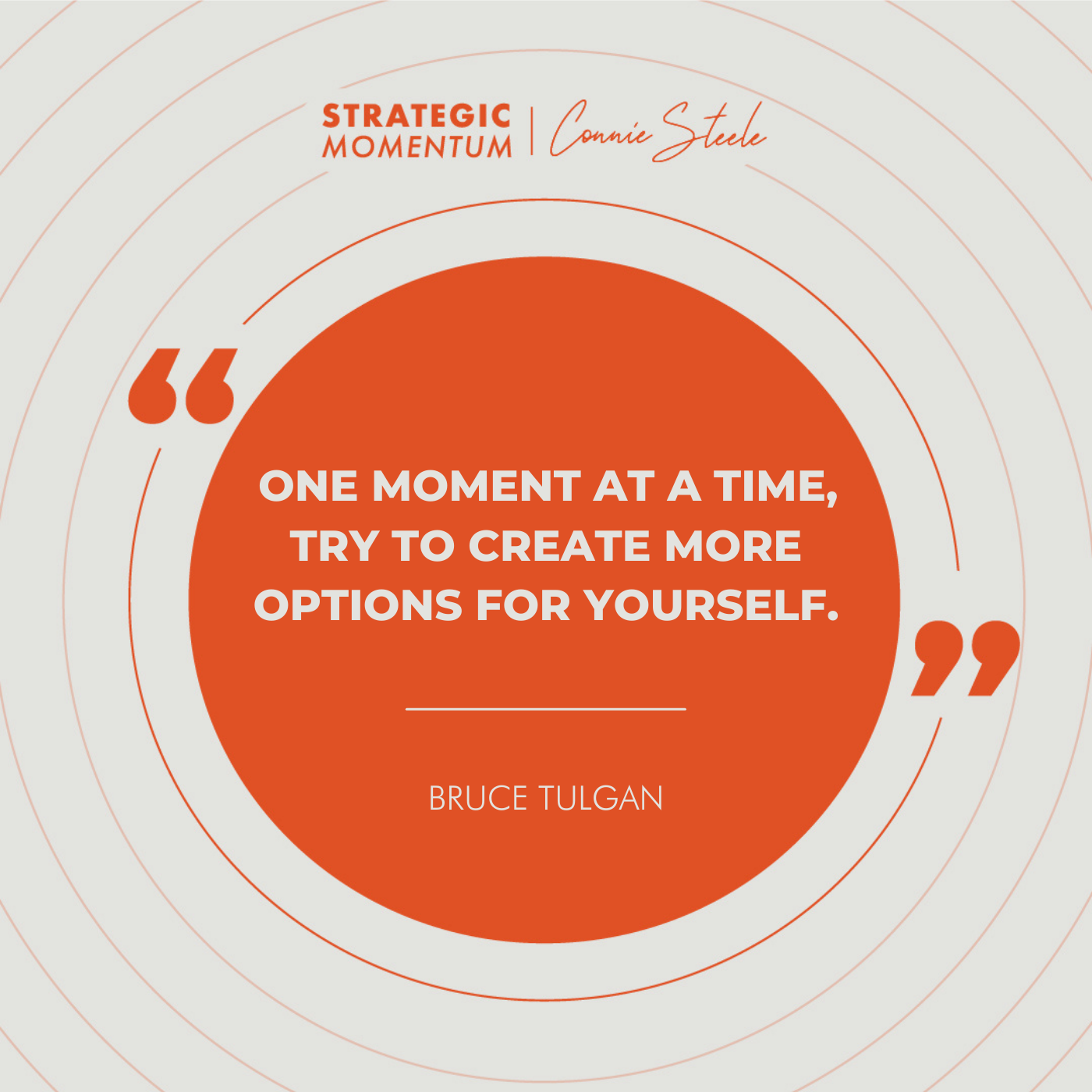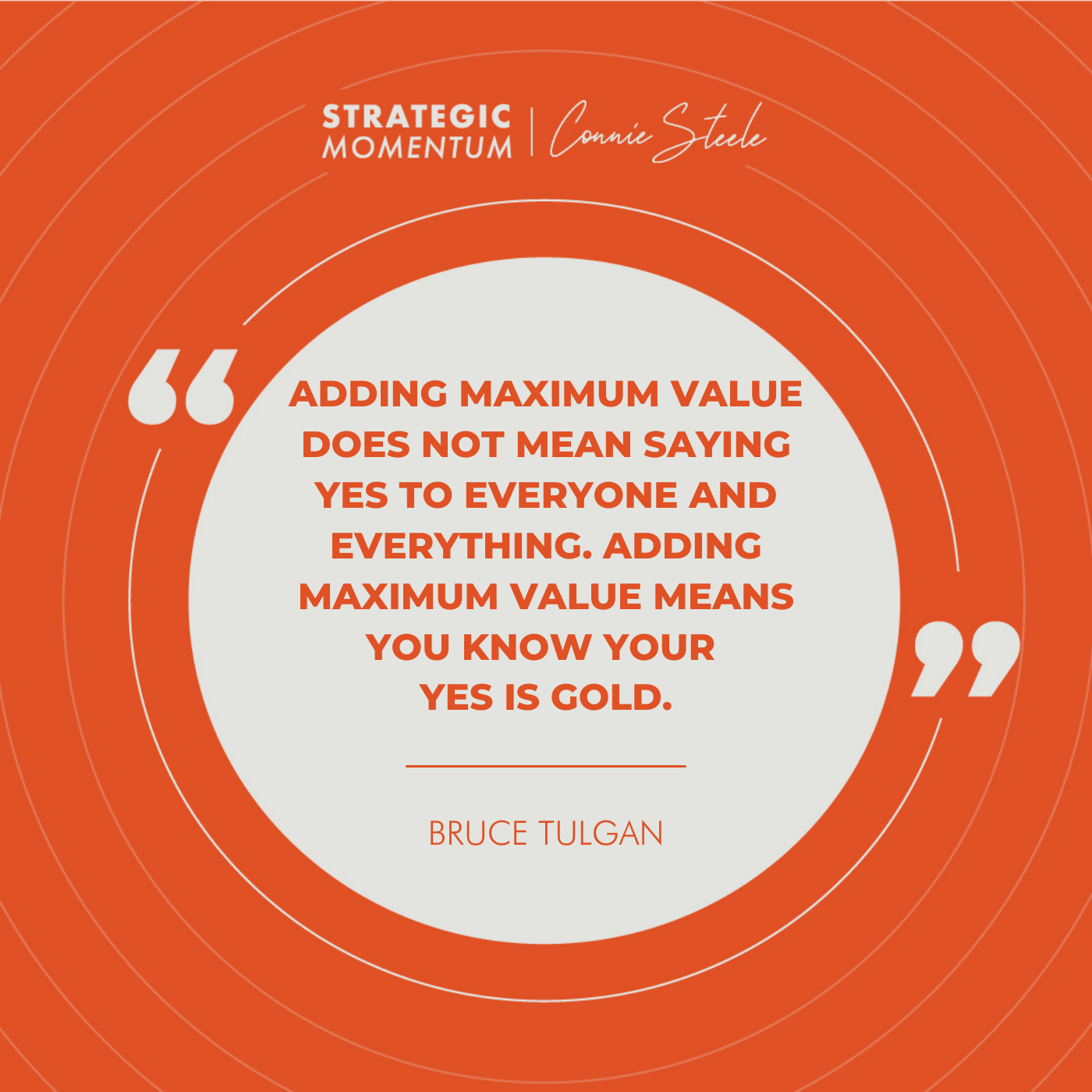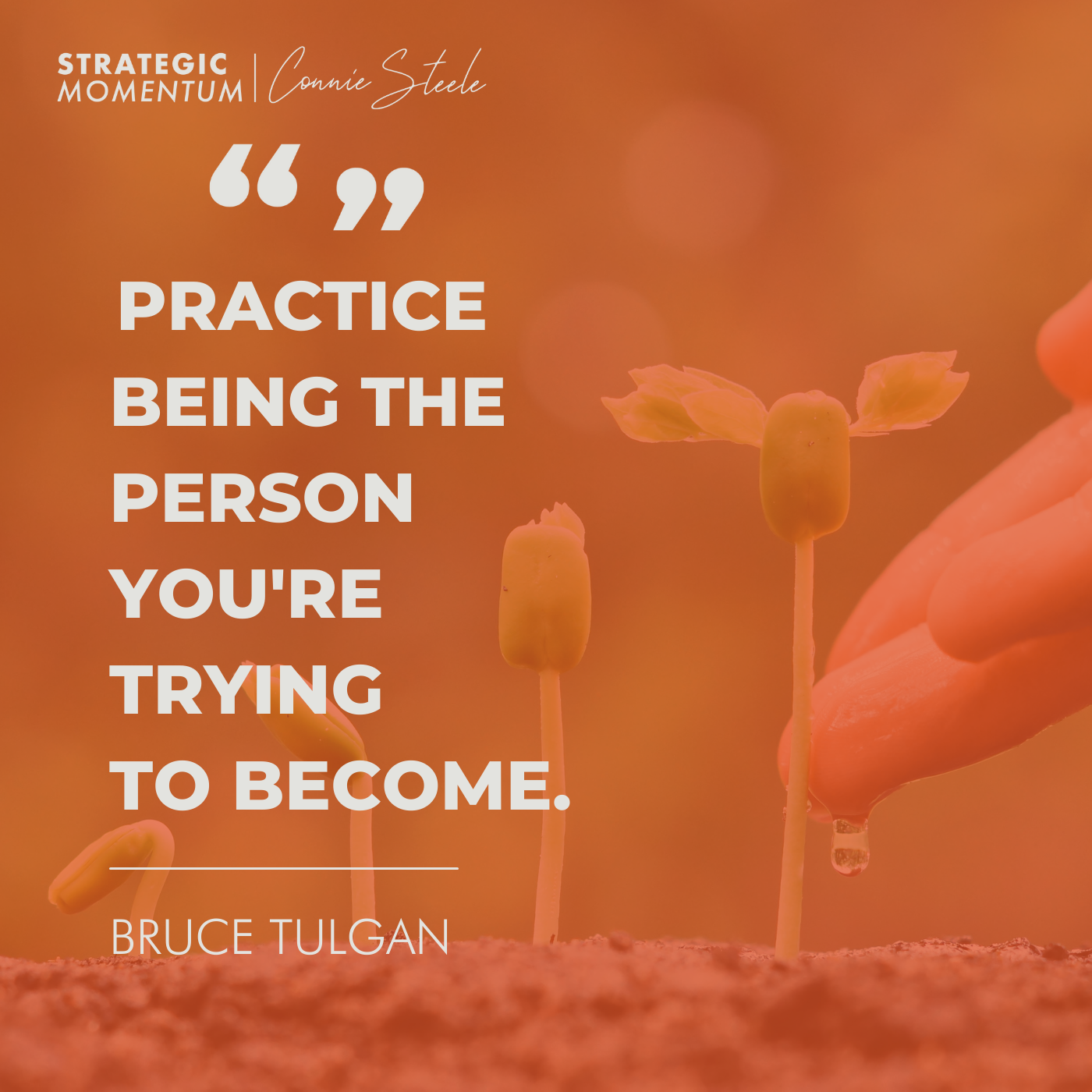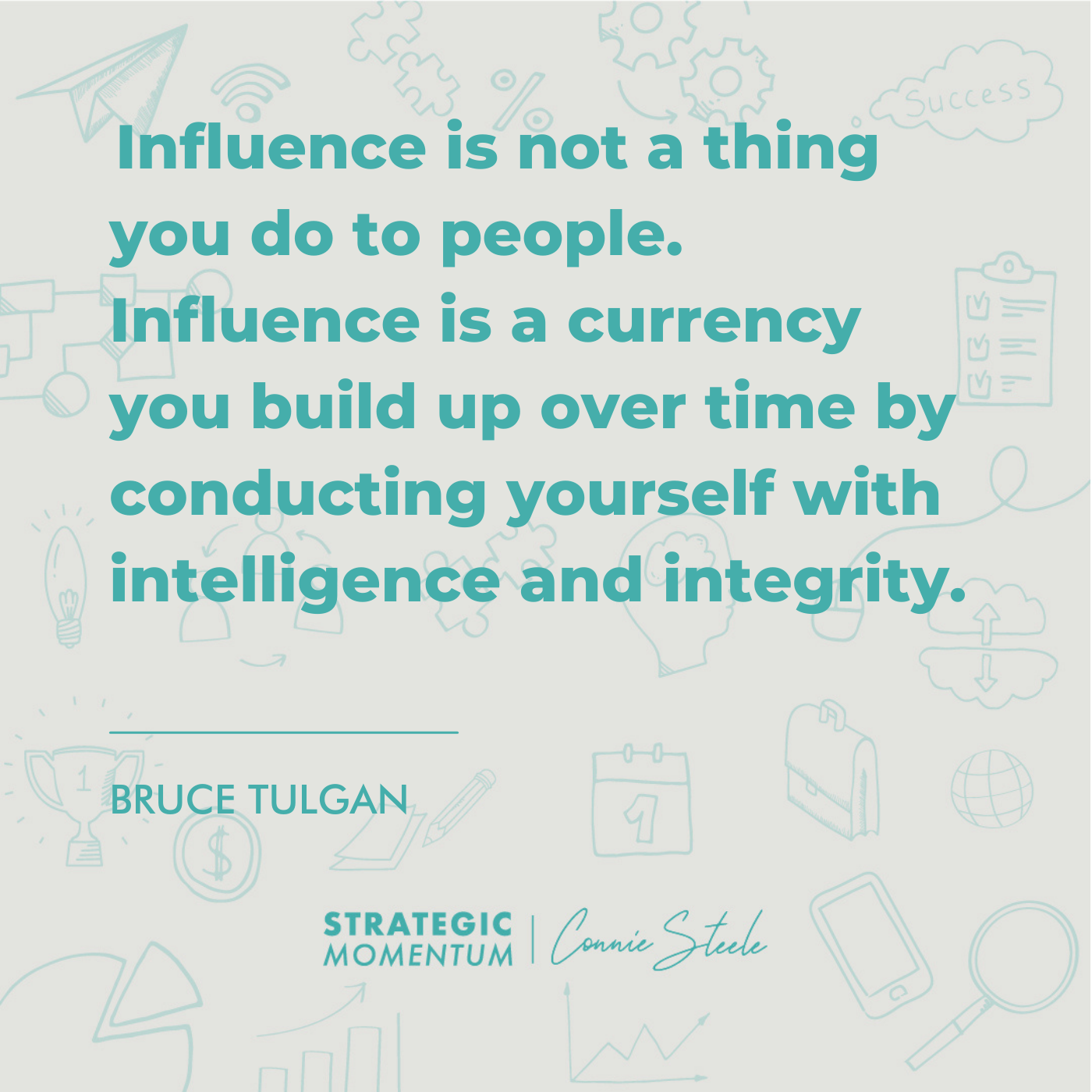Ep. 130 - The Art of Being Indispensable, Go-To-Ism, & Continuous Relationship Improvement - with Bruce Tulgan
Find Us Wherever You Listen To Podcasts
I am thrilled to bring you a conversation with prolific author and renowned management trainer Bruce Tulgan.
Bruce has been one of the leading experts in management for decades now, working with some of the largest organizations in the world to create data-driven systems and practices that nurture more cohesive organizations, and he created RainmakerLearning to help individuals develop their relationship management skills.
He’s learned a lot about the skills required to succeed, and he wrote a book about what skills will be necessary if you want to be indispensable in a post-pandemic world: “The Art of Being Indispensable at Work: Win Influence, Beat Overcommitment, and Get the Right Things Done.”
The Post-Pandemic World of Work
Bruce says the biggest change over the last three years has been “a spike in everybody’s empathy quotient...a recognition of human needs.” On top of that, we have a significant disruption in place and time requirements in the workplace.
Both social and market forces are pushing organizations to become more human-centered, and that’s contributing to a renewed prioritization of soft skills in the workplace. “The Art of Being Indispensable at Work” aims to help people bridge that soft skills gap.
The Art of being Indispensable
This new world of work is more flexible, but that also means it’s less predictable. You can’t take for granted that people will be co-located. Workers are navigating constantly shifting priorities and lines of authority. So we have to adapt the ways we work with and influence other people, which ultimately comes down to practicing new soft skills that will help you nurture individual connections.
“The Art of Being Indispensable at Work” argues that the way you truly create influence in the workplace is by becoming a go-to-person. You’ve probably worked with one; the kind of person who you knew you could go to with a tricky problem or an internal disagreement.
Becoming a Go-To Person
Go-To-Ism begins with committing to adding maximum value. In the way you treat people, solve problems, make commitments — it’s the consistency of your behaviors and actions that demonstrate that you take people’s needs seriously and are intentional about addressing them. Serving others makes you indispensable.
An easy trap to fall into here is conflating ‘adding maximum value’ with ‘saying yes to everything’ — they aren’t the same thing. It’s really easy to end up overcommitting yourself when you’re genuinely trying to help. The trick is to understand when and where you can actually add value, and sometimes that means knowing when someone else is better suited to solve a problem.
Delivering Real Influence
When you become indispensable, you create a level of social power within an organization because you are now seen as a person others rely on to get their needs met. It’s serving others that earns you real influence, not politicking.
“ Influence is not a thing you do to people,” Bruce says. “Influence is a currency you build up over time by conducting yourself with intelligence and integrity.”
Just like being a go-to person doesn’t mean saying yes to everything, having influence doesn’t mean you’re able to solve everyone’s problems. Sometimes, influence comes from knowing someone else is actually the right person for the job.
And if you can fill your own network with people like this, the problems you can solve and the influence you can have on the world just starts to magnify.
Definition of Career Success
“I’m always thinking, did I optimize that time? And to me, one way to think about success ... One moment at a time, try to create more options for yourself.”
Best Career Advice
“What I always tell young people is... what you should be doing when you're young is trying to make as many of the right moves as you can and do as much of the heavy lifting as you can so that you have more options in the future.”
Key Takeaways:
The new world of work requires soft skills that Bruce says are increasingly lacking in the workplace.
At the heart of being indispensable is committing to Go-To-Ism, or committing to serving others with maximum value; “serving others very well is what being indispensable is all about.”
Go-To-Ism isn’t saying yes to everything. It’s easy to overcommit yourself, but then you’re just burning yourself out while not helping anyone as much as you could.
Creating a culture of Go-To-Ism within your organization is a process of continuous improvement for relationships. And like any intentional transformation, you’re going to need data.
Bruce’s metrics-driven approach to management ultimately comes down to creating systems that support people. Using data to optimize relationship management might not sound very human-centered, but the data we’re talking about is really the data you get from listening.
If you don’t approach management with this level of intention and documentation, you’re not going to be able to consistently improve relationships over time, which is critical in this new world of work.








